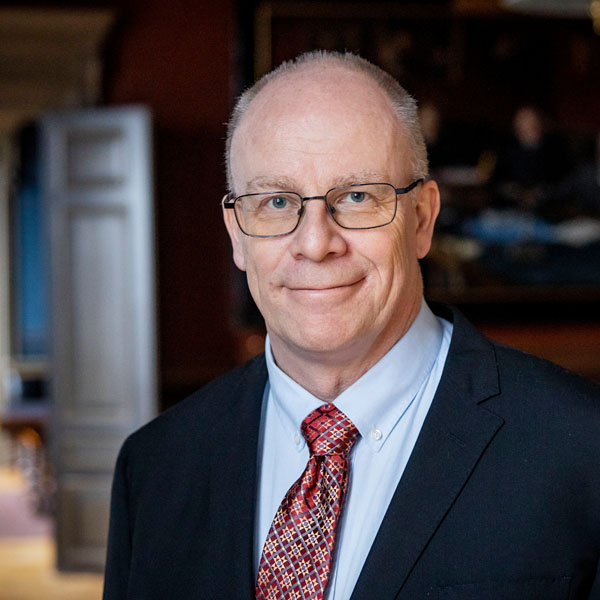We are currently leading a delegation from Uppsala in South Africa. We are here at a meeting with SASUF and the Sustainability Forum at the University of the Western Cape. SASUF (South Africa – Sweden University Forum) is a strategic internationalisation project uniting 40 partner universities. The aim is to strengthen ties between Sweden and South Africa in the areas of research, education and innovation.
By bringing together leading researchers, teachers, students, university leaders and other stakeholders, the project will develop common solutions to the challenges highlighted in the UN’s Sustainable Development Goals and the 2030 Agenda.
The collaborations have been successful so far.
- We have brought together 3,000+ researchers, students, university leaders and funding bodies through seminars and workshops.
- We have funded 70 international collaboration projects (linked to the Sustainable Development Goals).
- A joint declaration on the relationship between research and education among the countries was drawn up by the participating universities during the second Research & Innovation week in 2019. The declaration has been submitted to the ministers of higher education and research in both countries.
- The SASUF Student Network has been established and consists of appointed student representatives from each partner university.
Here is my opening speech at the conference that is currently under way:
Colleagues and friends!
I have a special place for South Africa in my heart, and every time I come here I gain new perspectives on life. You see, my wife comes from this country and we are in fact sitting in her Alma Mater right now. She has taught me a lot about life here during Apartheid – about the system, about forces for good and about people’s struggles. Life here is quite different from back home in Sweden. Here people come and visit, stay over, have lunch, dinner, and then stay a little longer. In Sweden everything is scheduled. Sometimes when we are at our home here we receive a special visitor. This man fascinates me. He is something of a genius. He has a knack for solving complicated problems with limited means. This does not mean he finds simple or sloppy solutions. On the contrary, he can create something beautiful and impressive using things that others have discarded.
One time we were sitting and discussing solar panels. He had read up on the area, and thanks to my many years in that sector I could quickly see that he knew what he was talking about. Inverters, conversion efficiency – it was all clear to him, and using parts from this and that he had succeeded in putting together a functioning, battery-run solar panel installation that powered the lights in his house.
I think about him from time to time. Sometimes I think he could well have been a professor or research leader if he had gotten the chance. Or perhaps having access to resources would have made him less creative. It’s hard to say.
Throughout my life, I have been most creative in situations where we have been given clear and exacting requirements, when I have been part of a group that identified shared goals and then jointly tried to solve the Gordian Knot created by the problem in question.
As I said – everything in Sweden is scheduled, ordered and clearly defined. This can be good, but it also boxes us in and narrows the options. We need to see the world through other people’s eyes sometimes. To open our minds. Working together is a great way of achieving this.
And it seems you all agree.
In the last few years, collaboration between South Africa and Sweden has grown tremendously. SASUF has played a key role in this development. What makes this collaboration stand out is the amazing commitment from the participants in both countries.
Just this week, more than 80 workshops are taking place across South Africa, all of which have been organised from the bottom up by students, researchers, and teachers who share the conviction that collaboration is key to our future prosperity. It’s heartening to see such enthusiasm and dedication to building a better future for all.
I’m particularly impressed with the SASUF Student Network, which comprises almost 800 students. This week, they’ve organised satellite events and will be hosting a student summit here at the University of the Western Cape. Their hard work and dedication are truly commendable, and they’re all involved in shaping a better future for students in both countries and globally.
But it doesn’t end there.
The SASUF conference is also a place to meet new colleagues and develop new ideas for research. Countless projects have been initiated as a result of this forum. With poster sessions and workshops on topics like antibiotic resistance, preventing childhood malnutrition, beekeeping, public transport, and many more, there are plenty of opportunities to explore new partnerships over the coming days.
The strong relationship between our two countries rests today on a foundation of mutual trust, collaboration and exchange. SASUF brings us together to discuss and tackle the challenges facing the world today. By working together, we can build a brighter future for all.

